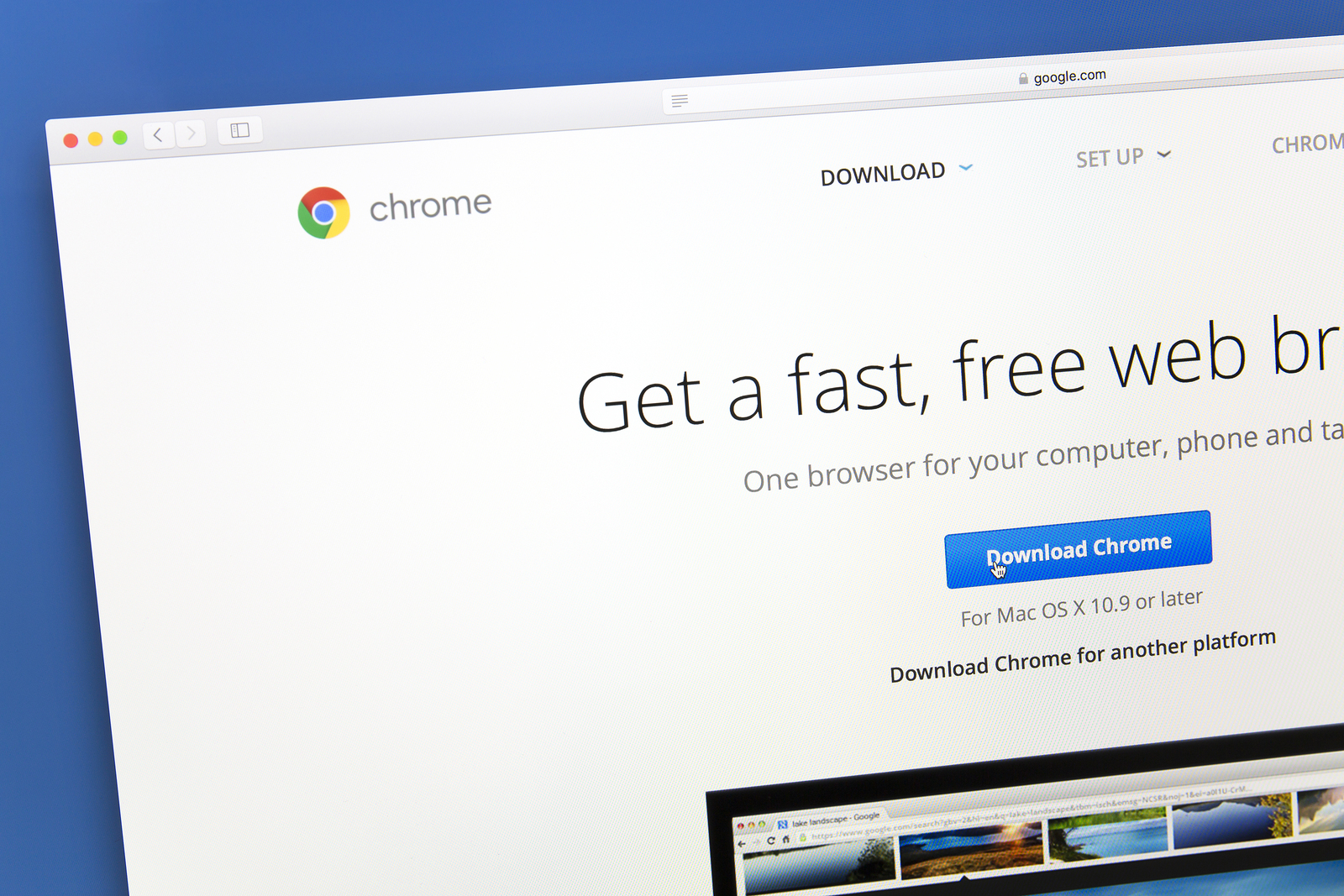Pwn2Own hackers break Google Chrome on Nexus and Samsung Galaxy smartphones
Pwn2Own Mobile sees Nexus, Samsung Galaxy S4 and iPhone 5 broken.

Google Chrome for Nexus phones has been broken during the Mobile Pwn2Own competition, leaving devices at risk of potentially serious compromise.
With Safari on an iPhone 5 and a Samsung Galaxy S4 already shown to have potentially serious weaknesses, a hacking crew called Pinkie Pie broke Chrome on a Nexus 4. They later did the same on the Galaxy device.
Companies need to take mobile security more seriously, especially when they start implementing things like Bring Your Own Device and allow customers to include corporate data on their phones.
The team were rewarded with $50,000 (31,000) for attacks that took advantage of two vulnerabilities: an integer overflow and another that resulted in a full sandbox escape. A hacker who took advantage of the flaws could remotely execute code, potentially allowing them to install malicious applications on a target phone.
As with the hacks on the iPhone 5 and Galaxy S4 earlier this week, the Chrome breach would require some social engineering to get the target to visit a malicious website.
Google were alerted to the vulnerability by Pwn2Own organisers, the HP Zero Day Initiative (ZDI). It had not responded to a request for comment at the time of publication.
Earlier this week, China's Keen Team were handed $27,000 for getting around Safari protections to steal Facebook login credentials for an iPhone and steal a picture taken of the Mobile Pwn2Own audience.
Japan's Team MBSD, of Mitsui Bussan Secure Directions, were rewarded with $40,000 for exploiting vulnerabilities in a number of Samsung applications installed by default on the popular Galaxy S4.
Sign up today and you will receive a free copy of our Future Focus 2025 report - the leading guidance on AI, cybersecurity and other IT challenges as per 700+ senior executives
Apple and Samsung have been warned about the flaws, but neither had responded to requests for comment on the vulnerabilities. It's unclear when any of the Pwn2Own flaws will be patched.
Brian Gorenc, HP's manager of vulnerability research and head of the ZDI, told IT Pro people were now taking mobile threats seriously and Pwn2Own was helping spread awareness.
"That's why we launched Mobile Pwn2Ownto get researchers to responsibly disclose these vulnerabilities," Gorenc said. "We're really reaching out around the world to get research techniques that are unique, that we haven't seen before.
"Companies need to take mobile security more seriously, especially when they start implementing things like Bring Your Own Device and allow customers to include corporate data on their phones."
Despite the apparent success of the competition, no one received the top prize of $100,000, which was promised to anyone who could hack a phone's baseband processor, allowing them to scoop up radio signals and listen in on people's conversations.
-
 Google rolls out patch for high-severity Chrome browser zero day
Google rolls out patch for high-severity Chrome browser zero dayNews It's the eighth time this year Google has been forced to address a zero-day vulnerability in its world-leading browser
-
 Google Chrome branded the least effective browser for stopping phishing attacks
Google Chrome branded the least effective browser for stopping phishing attacksNews The world's most popular browser came dead last when compared against competitors
-
 Windows devices targeted by PuzzleMaker malware exploiting Chrome zero-day flaw
Windows devices targeted by PuzzleMaker malware exploiting Chrome zero-day flawNews Chain of vulnerabilities used to attack multiple companies worldwide
-
 Malware found on popular Facebook, Instagram and Vimeo browser extensions
Malware found on popular Facebook, Instagram and Vimeo browser extensionsNews Chrome and Edge extensions laced with malware have already been installed three million times
-
 Google sets a date for Chrome extension privacy revamp
Google sets a date for Chrome extension privacy revampNews From January 18th, developers must be clear about how they're handling user data
-
 Google looks to replace third-party cookies in two years
Google looks to replace third-party cookies in two yearsNews The online advertising market needs to shift to tracking methods that offer some user privacy, admits Google
-
 Chrome continues HTTP phase-out by removing 'secure' icon from HTTPS sites
Chrome continues HTTP phase-out by removing 'secure' icon from HTTPS sitesNews Changes in 'secure' and 'non secure' icons comprise final steps in plan to make web secure-by-default
-
 Hack on popular Chrome plugin spams ads to one million users
Hack on popular Chrome plugin spams ads to one million usersNews The author says a phishing scam led to the theft of admin credentials

